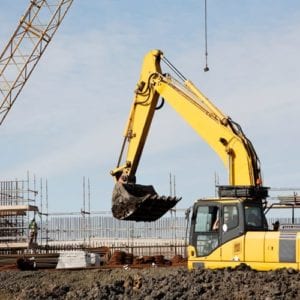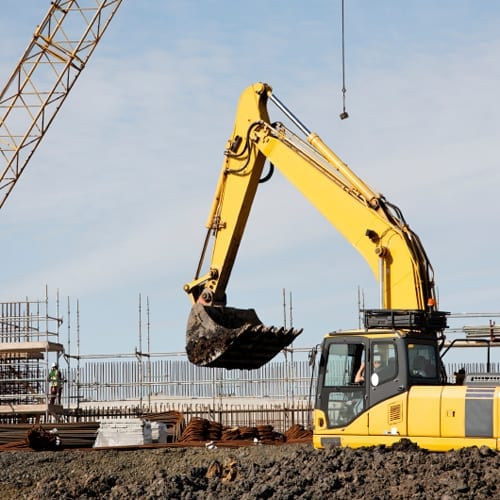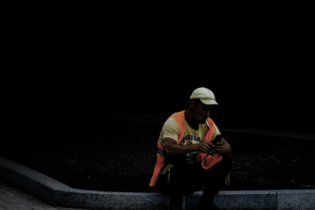Ntsodo said the city was therefore forced to cancel the contract until such time that these communities reached common ground.
Discussions reportedly continued until 2015, when there was mutual agreement that the development could proceed, provided the city delivered the best quality structures for the beneficiaries. Some of the services to be provided included a sanitation system with one toilet for every household, a water reticulation network, a stormwater system, and proper roads. Ntsodo said the city was relieved once negotiations were concluded as this “finally unlocked the opportunity for the city to provide services to the residents of Monwabisi Park”. “The number of people who have moved to Cape Town in search of opportunity, coupled with a critical shortage of available land, has meant that informal settlements are sometimes too dense for the city to provide basic infrastructure,” he explained. “Too often the negotiations to relocate a portion of the residents or upgrade an area become irretrievably mired in distrust and toxic local politics,” he added. “The fact that all parties have reached an agreement in this instance is therefore significant in that we hope the lessons learnt can be applied elsewhere.”
Following a series of community negotiations, development of the False Bay Incremental Development Area (IDA) is progressing well, the City of Cape Town said earlier this month.
Anda Ntsodo, mayco member for the east side of the city said: “It is hoped that further development opportunities could be unlocked using the lessons learned in this process.”
The city said civil infrastructure construction began at 283 serviced sites at the False Bay IDA in Khayelitsha, which is located adjacent to the Khayelitsha Campus of False Bay College. The city added that the development would cost approximately R20 million.
The development of the site is intended to help with the upgrading of services in the area by creating space in the Monwabisi Park informal settlement as it is currently overpopulated, making it difficult for the city to provide additional toilets and electricity infrastructure.
The project, which initially began in 2010, was halted as residents from the Ilitha Park community were opposed to the establishment of an IDA in the area.







